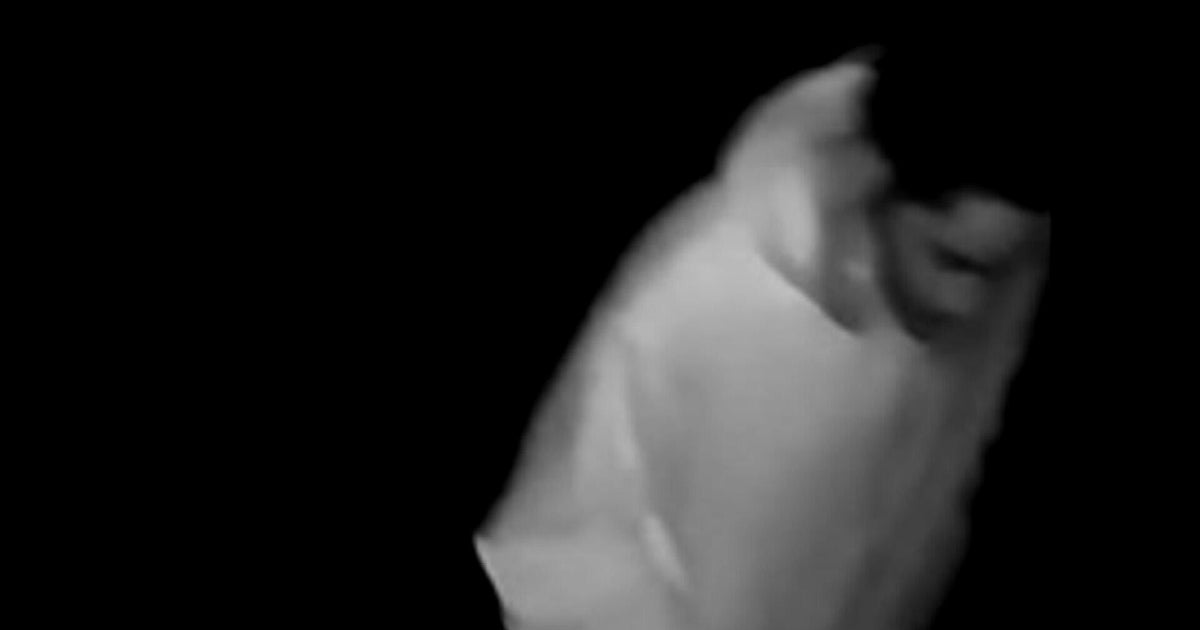Why Daylight Saving Time Can Be A Deadly Time
(CBS4) -The Sunday of a clock spring forward can be a day of misery. Although it's only one hour lost, it can feel like a decade of drowsiness has hit your mind and body.
But Sunday is not necessarily the big one, at least when it comes to health. It's Monday that delivers a wallop of stress on your body. And there is some research to back it up.
Heart attack rates jump by more than 25 percent on that day as many of us head off to work. Rates of stroke rise as well. The rates slowly level out over the course of the week and then gradually return to normal. But that first day, and days immediately following can be literally a killer.
Here's the other big one. Monday is not a good day to be sharing roads and highways That's because the rate of automobile accidents bumps up close to 10 percent for that first week after the time change.
A less serious, but nonetheless painful, is a jump in the number of throbbing heads. Migraine and other vascular headaches tend to be more common for about seven days after the hands on the clock move ahead.
Mood is worse, as is clinical depression. Arthritis racked joints and other chronically painful areas of the body tend to be even more painful.
Immunity sinks, so get exposed to the bugs of the week, and those bugs may have an easier time gaining a foothold.
Now for a little good news. As the days lengthen, there are some gradual yet definite changes that take place in body chemistry from more sunlight. Blood pressure naturally falls a few points. So does your cholesterol level. It is easier to lose weight. There is overall less depression as the weeks go on. And as we head towards summer, we do tend to require less sleep.
So why do all of these things happen from a simple tweak of time? It all has to do with circadian rhythms, or our internal body clocks. Our bodies are used to producing, like clockwork, certain hormones and chemicals that keep us alert and healthy. Many of them are released between 6 to 8 a.m., depending on the person. But mess with the release of those hormones and chemicals, even a little, and everything can be thrown out of whack.
So what can you do?
Make sure that you get exercise, but be sure that that exercises done at least three hours before you want to hit the sack. Turn off your electronics at least one hour before bedtime, since the wavelength of light emitted from your cell phone, is a type that interferes with sleep. Try to hit the sack on a consistent basis time wise. Limit your alcohol. And last but not least, do your best to get outside and get some early morning sunshine. This technique is well known as a way to ease jet lag because early morning sunshine causes the brain to release hormones that help your body adjust to time changes. And sunlight does literally go from the eyes back through visual nerves to hormone centers in the brain.
Bottom line, feeling like you're in a fog as we spring forward is not all in your head.
Don't stress that heart… and be extra careful when you get behind the wheel next week.
Don't be bummed if your work productivity falls off a little---it's not your fault… and you can tell your boss I say so.
And finally, please remember to check those smoke alarm batteries.
Good luck, and remember, we're in this together.
Dr. Dave Hnida is CBS4's Medical Editor. He blogs about the latest studies and trends in the health world. Read his latest blog entries, check out his bio or follow him on Twitter @drdavehnida







